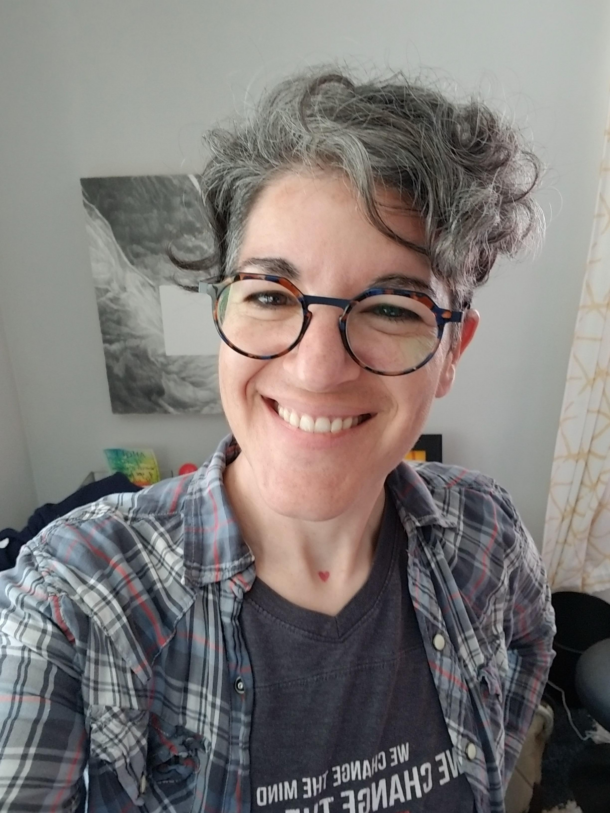I share Shinzen Young’s equation for suffering – Pain x Resistance = Suffering – several times each week. That’s how powerful I find it: its presupposition of pain; its invitation to accept the fullness of our experiences; its simple reminder that suffering is optional.
A couple of weeks ago, when I shared it with former Carolina Panther turned fellow life coach and speaker Nate Salley (Do many of us know as much about seeking out and leaning into discomfort as serious and pro athletes?) he asked, “So what’s the formula for joy?”
I opted not to inquire into Young’s calculus for that one (until now, that is, when, delightfully enough, this is what I found on his site) – I just started pondering. And here’s what I’ve come up with so far:
Living Into Values + AcceptanceComplexity = Joy
Breaking it down from right to left, what I’m thinking is:
- Joy is like the climate while happiness is the weather; that is, I see (and feel) joy as more of a steady state, interacting with whatever arises, including fleeting experiences of happiness, sadness, anxiety, etc.
- Life is complex. Like, whoa, complex. We are complex. Yesterday, I listened to someone from our inner circle describe someone in her extended family who has been wildly generous and loving with her, and who is also close-minded and promotes politics that are directly dangerous to our loved one. This person is experiencing the complexity of being grateful to and resentful of her family member all at the same time; she’s experiencing wanting to change her and needing to accept her and feeling responsible to her simultaneously. Life offers up lots of those complexities, daily.
- Don’t be fooled by Acceptance tucked in there. I’m not talking about stuffing feelings down and pretending like everything is okay or tolerating the intolerable. I’m not talking about wallowing, either. I’m describing something wilder, bigger, harder, more healing. Much like in Tara Brach’s Radical Acceptance, I’m alluding to the opportunity to say to every single feeling and occurrence and person and thought that comes our way, “I see you and accept your existence.” And then we move from there.
- And then there’s Living into Values. Some (like Nate) might call this Purpose. Others might just feel it as honoring their best selves and, at the end of the day, this is what it boils down to for me. When we live into our values/purpose/best selves, we feel taller, more empowered, more certain regardless of the outcome of those behaviors. And vice versa: Take an action for the sole purpose of it getting to an outcome you might want – say, a wee omission of truth to avoid disappointing someone – and it’s likely to sit uncomfortably within us, sandpaper under the surface of our psyches.
So, that’s where I’ve gotten – live in accordance to what’s most important to us and accept as fully as possible the complexity of ourselves and our lives and –boom!- joy.
Then again, joy feels impossibly mysterious to me. When I first felt it (less than a decade ago!) it was so foreign to me that I found the experience full-on discombobulating and I certainly had no ideas about acceptance or values or all that la-de-dah back then.
So, what do you think? What’s your formula for joy?
Joy can, indeed, be big and powerful enough to live alongside all of the rest of the complexity – the sadness and grief and anger and hurt and despair. To find your way toward joy, let’s talk about coaching. To join joyful community, The Bigger Badder Crew awaits.
